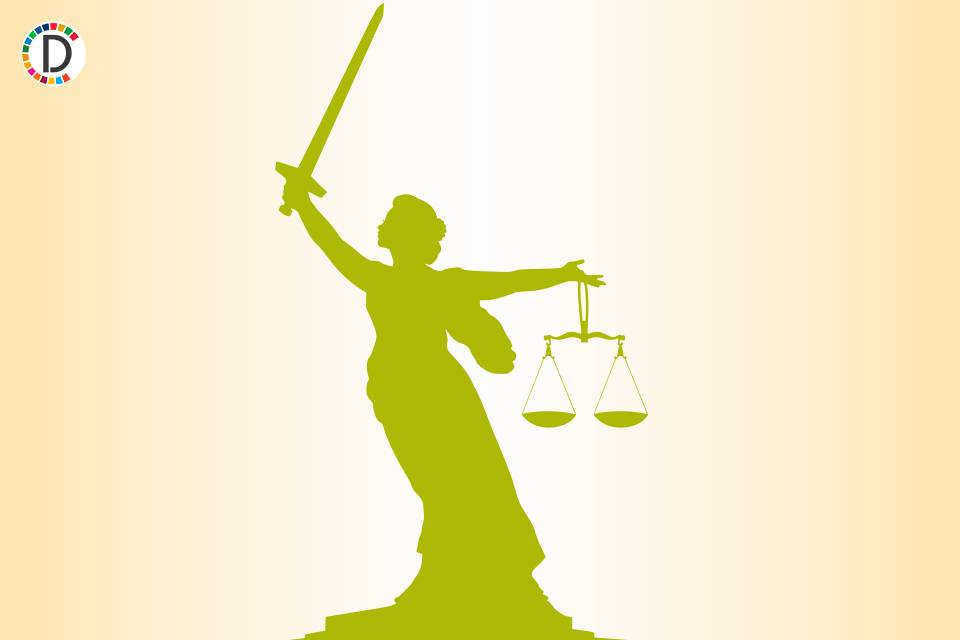Sudan's warring generals agree to 24-hour ceasefire after U.S. pressure
Fighting also raged in the west of the country, the United Nations said. Blinken held separate calls with the rival commanders - the army chief and the head of the paramilitary Rapid Support Forces (RSF) - whose power struggle derailed an internationally-backed plan to shift to civilian rule after decades of autocracy and military control.

Sudan's rival commanders agreed a 24-hour ceasefire from Tuesday evening, after pressure from U.S. Secretary of State Antony Blinken over deadly fighting that has engulfed the capital Khartoum and saw shots fired at a U.S. diplomatic convoy. The conflict between Sudan's armed ruling factions broke out four days ago and has killed at least 185 people across the country, triggering what the United Nations has described as a catastrophic humanitarian crisis, including the near collapse of the health system.
The ceasefire will start at 6 p.m. (1600 GMT) and will not extend beyond the agreed 24 hours, Army General Shams El Din Kabbashi, a member of Sudan's ruling military council, said on al Arabiya TV. Early on Tuesday, gunfire echoed across Khartoum accompanied by the sound of warplanes and explosions. Residents in the neighbouring cities of Omdurman and Bahri reported air strikes that shook buildings and anti-aircraft fire. Fighting also raged in the west of the country, the United Nations said.
Blinken held separate calls with the rival commanders - the army chief and the head of the paramilitary Rapid Support Forces (RSF) - whose power struggle derailed an internationally-backed plan to shift to civilian rule after decades of autocracy and military control. Blinken, speaking in Japan, said he had telephoned both RSF leader General Mohamed Hamdan Dagalo, known as Hemedti, and General Abdel Fattah al-Burhan, appealing for the 24-hour ceasefire "to allow the Sudanese to be safely reunited with families" and to provide them with relief.
Blinken said the U.S. convoy was attacked despite the vehicles being marked with diplomatic license plates and bearing U.S. flags. Initial reports suggest the attack was undertaken by forces associated with the RSF, he said, calling the action "reckless". Blinken said all U.S. personnel were safe after the incident. After the call, Hemedti said the RSF approved the ceasefire to ensure the safe passage of civilians and the evacuation of the wounded.
In a post on Twitter, Hemedti said he had "discussed pressing issues" with Blinken and more talks were planned. The RSF also issued a statement saying it was waging a battle to restore "the rights of our people" in what it called a new revolution. Hemedti's whereabouts have not been disclosed since fighting began.
A previous shorter ceasefire agreed for Sunday was not fully observed. Artillery volleys, strikes by combat aircraft and street fighting have made it almost impossible to travel in Khartoum, trapping residents and foreigners in their homes. The main international airport has been under attack, halting commercial flights.
Fighters have attacked aid workers, hospitals and diplomats, including an EU ambassador assaulted
in his home. Three workers for the World Food Programme were killed in the fighting on Saturday, and a U.N. plane
was hit in crossfire. The International Federation of Red Cross and Red Crescent Societies said it was nearly impossible to provide humanitarian services around the capital. It warned that Sudan's health system was at risk of breakdown.
REGIONAL TENSION The outbreak of fighting followed rising tensions over a plan for the RSF's integration into the regular military.
Discord over the timetable for that process delayed the signing of the framework deal to launch a civilian transition that was due to be signed earlier this month. It comes four years after former president Omar Bashir was toppled by popular protests, and nearly two years after a subsequent military coup.
Underscoring the risk a prolonged conflict presents to regional stability, army general Kabbashi said two neighbouring countries were attempting to provide aid to the RSF. He did not identify the countries. The fighting has affected several parts of the country since Saturday, including the western desert region of Darfur, which borders Chad and suffered warfare from 2003 that killed as many as 300,000 people and displaced 2.7 million.
The RSF emerged from the janjaweed militia that fought alongside Bashir's government forces in Darfur before the conflict ended with a 2020 peace agreement. The United Nations reported that at least 65 people have been killed in Darfur since Saturday, including in clashes involving heavy artillery.
Eight people had been killed in Nyala, one of Sudan's largest cities, located in South Darfur, the U.N. said. The city also saw extensive looting of NGOs, businesses and hospitals, it said in a statement, adding that shooting was ongoing.
(This story has not been edited by Devdiscourse staff and is auto-generated from a syndicated feed.)










